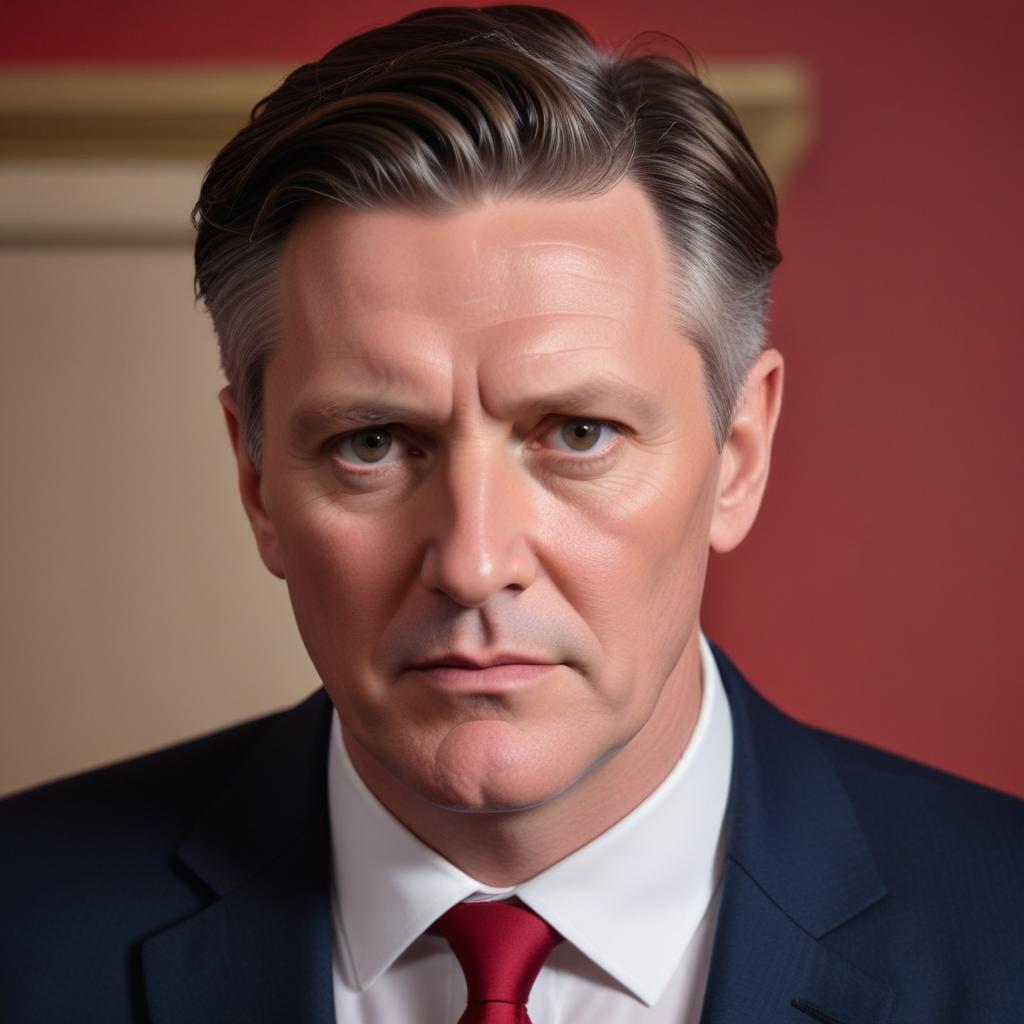This article explores the concept of 'hair certainty' in politics, arguing that a politician's hairstyle serves as a crucial form of nonverbal communication, influencing public perception and potentially electoral success. It contrasts the 'attention-seeking' coifs of figures like Donald Trump and many Republicans with the 'unnoteworthy' hair of Keir Starmer, suggesting a deeper image problem for Labour.
The Labour party is grappling with a significant image problem, perceived as 'dishonest' and 'self-interested,' which the article suggests is exacerbated by a lack of 'hair certainty' from its leadership, particularly Keir Starmer. Coined by writer Simon Doonan, 'hair certainty' refers to a hairstyle that appears authentic and consistent, regardless of its thickness or neatness. Doonan initially misjudged Donald Trump's 'iconic coiffure,' later understanding its 'showbiz,' attention-seeking nature, akin to Elvis, which surprisingly resonated with voters. In stark contrast, Starmer's hair is described as 'unnoteworthy.' The article highlights a recent joint press conference where Trump's 'Mr Whippy swirl' and 'duck’s arse flip' were seen alongside Starmer's 'stiff, baklava-like crest,' illustrating a stark visual difference. Trump's hair, characterized as 'larger than life' and a 'complex superstructure,' commands attention and forms an integral part of his brand, much like his bombastic signature. According to hair historian Rachael Gibson and image coach Lauren A Rothman, hair is a powerful form of nonverbal communication, reflecting status, societal position, and personal message. Consistency in appearance, including hair, is crucial for building trust. While Doonan concedes that hair certainty alone doesn't guarantee election, he believes it can be a 'propelling' factor, citing Kamala Harris's hair as an example. The article notes a prevalent 'glossy Maga aesthetic' among Republicans, exemplified by figures like Pete Hegseth, whose 'extra stiff, extra pomaded' hair conveys discipline and tradition, and Tulsi Gabbard's distinctive grey streak, which aligns with a 'theatricality' embraced by the party. For men in power, a healthy head of hair often suggests virility and strength, aligning with desired leadership qualities. This trend is linked to the rise of populist politicians whose outsize brands, including their hair, enhance their recognizability. However, British politicians traditionally navigate a fine line, needing to appear well-groomed without seeming overly vain or dedicating excessive time to their appearance, a contrast to the often glossier US political landscape. Despite this cultural difference, the article concludes that the increasing influence of media and social media is making hair an ever more critical element in political perception globally.



